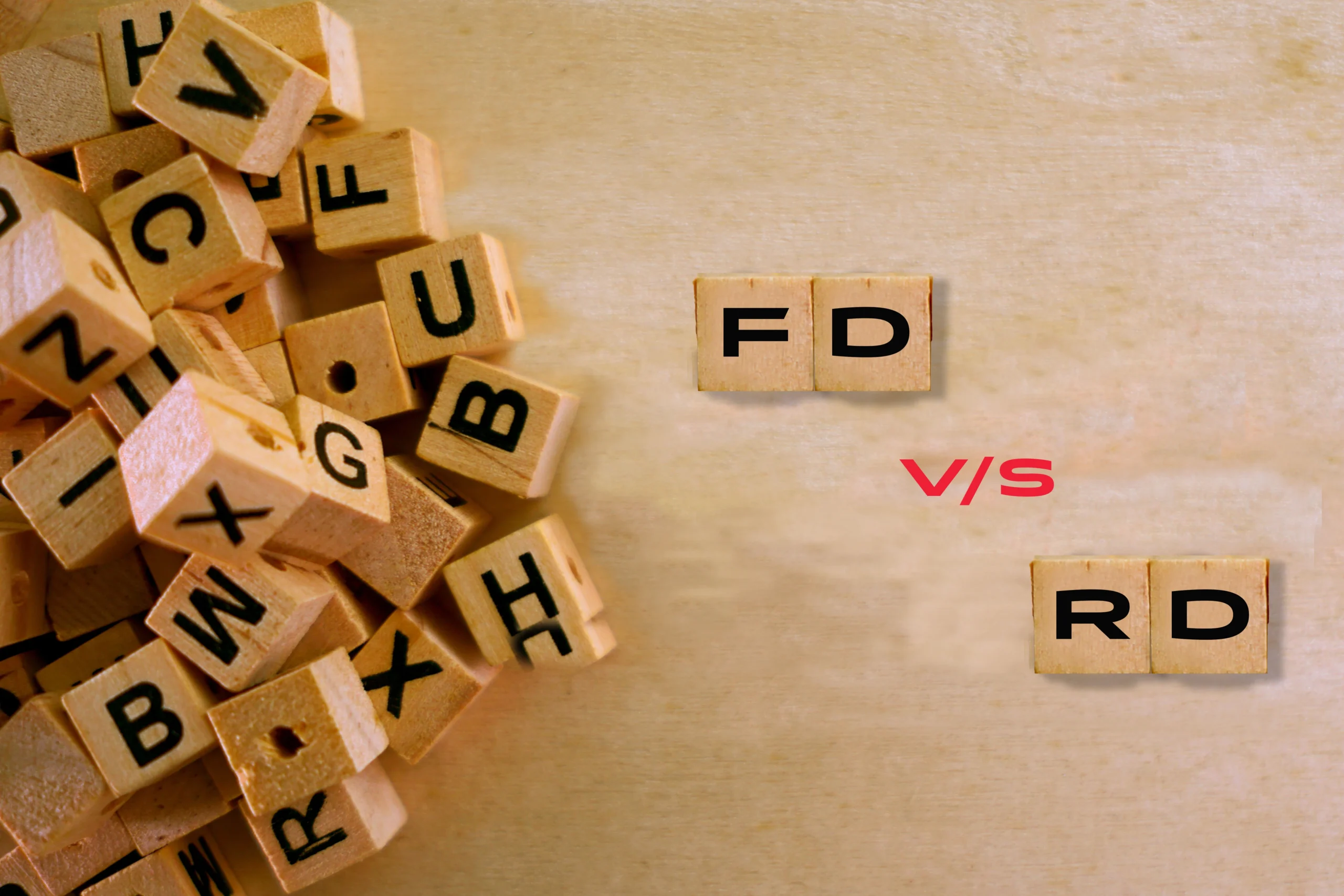FD vs RD: Which One Should You Choose? | Mahindra Finance
Fixed Deposit(FD) and Recurring Deposit (RD) are the two most common investment options in India. They both provide the benefit of steady returns with negligible risk and can hence be a fixed source of income for you.
However, the two are often confused. It is vital to understand the difference between FD and RD to align your financial goals and get the best returns. Read on to learn about the main differences between FD and RD.
Invest Smartly with Mahindra Finance!
What are FD and RD?
In the case of a Fixed Deposit, the customer picks a fixed tenure that ranges from one week to 10 years. They will need to invest a lump sum, and interest is received on a monthly or quarterly basis. In a Recurring Deposit, customers get to deposit an amount every month that earns interest at the time of maturity.
Key differences between FD and RD
| Factor | Fixed Deposit | Recurring Deposit |
| Duration | Tenure ranges from 7 days to 10 years. | Tenure ranges from 6 months to over 10 years. |
| Limit of investment | No maximum limit; starting price is Rs 100. | No maximum limit; the minimum amount differs from provider to provider. |
| Return rate | Varies, but a ballpark figure is 6%-8%. | Typically 5%-8% for a period of one year, though this can vary according to the provider. |
| Tax benefit | Available as per the Income Tax Act. | No exemption. However, the amount earned up to Rs 10,000 is exempt from tax. |
| Auto renewal option | Available | Not available |
| Penalty for delayed payment | Not applicable | There is a penalty for any delay in an instalment payment. |
Additional read: FD vs Savings Account
Conclusion
Why not open an FD and RD with Mahindra Finance today and enjoy hassle-free investments and payouts? To learn more about the difference between Fixed Deposit and Recurring Deposit or the varying RD and FD interest rates, visit our website
Choosing between “FD vs RD” can be confusing, but understanding the “difference between FD and RD” is key. Fixed Deposits (FDs) offer higher returns for lump sums, while Recurring Deposits (RDs) allow gradual saving with smaller, regular deposits. So, “FD or RD which is better” depends on your goals. Need a bigger return on a one-time investment? FDs might be your answer. Building a habit of saving bit by bit? RDs could be ideal. Ultimately, “which is best, fixed deposit or recurring deposit,” depends on your financial situation and saving objectives. Consider both options carefully to make an informed decision!

























































